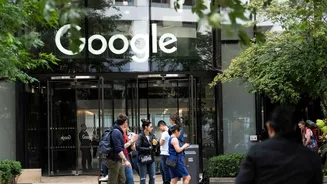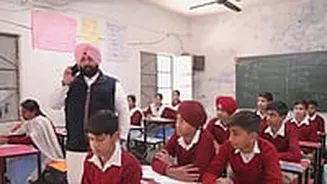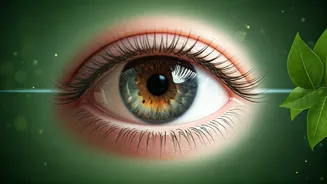The Gully Cricket Vision
Deepika Padukone's dream for mental health in India is beautifully encapsulated in the analogy of gully cricket, a sport that thrives on community and
accessibility. She envisions a landscape where mental health support is just as readily available and embraced as the casual games played in streets and neighborhoods. This comparison highlights her goal: to make mental health resources and discussions accessible to everyone, regardless of their background or social standing. Just as gully cricket is informal and open to all, she strives for a mental health system that breaks down barriers and welcomes participation from every corner of the nation. The analogy underscores her aim to normalize conversations about mental health, transforming it from a taboo subject into a familiar and approachable topic, much like the beloved game of cricket.
Facing Initial Struggles
Padukone has been candid about the initial challenges she faced while advocating for mental health awareness in India. One of the primary hurdles was the pervasive stigma surrounding mental illness. Many people were hesitant to discuss or seek help for mental health issues due to fear of judgment or misunderstanding. Overcoming this reluctance required immense effort, as she worked tirelessly to educate the public, dispel myths, and encourage open conversations. Another major difficulty was the lack of readily available resources and support systems. She recognized that simply raising awareness was not enough; it was crucial to create a network of accessible mental health services, including counseling, therapy, and psychiatric care. This meant collaborating with healthcare professionals, policymakers, and organizations to establish a comprehensive support system. The initial resistance from some quarters and the logistical hurdles of building infrastructure made her mission all the more challenging, but Padukone's determination remained unwavering.
Advocacy's Impact
Through her relentless efforts, Padukone has achieved remarkable success in promoting mental health awareness. Her openness about her own struggles has humanized the conversation and encouraged others to share their experiences. This has fostered a sense of community and solidarity among those affected by mental illness, letting them know they are not alone. Her advocacy has also prompted significant changes in the Indian healthcare system, with increased investment in mental health services. Moreover, her voice has helped shift public perception, reducing stigma and creating a more empathetic and understanding society. As a result, more people are now seeking help and support, indicating a positive shift in attitude and a growing recognition of the importance of mental well-being. The progress, however, is a continuous journey. Padukone's work continues to drive further improvements and inspire a future where mental health is a priority.














